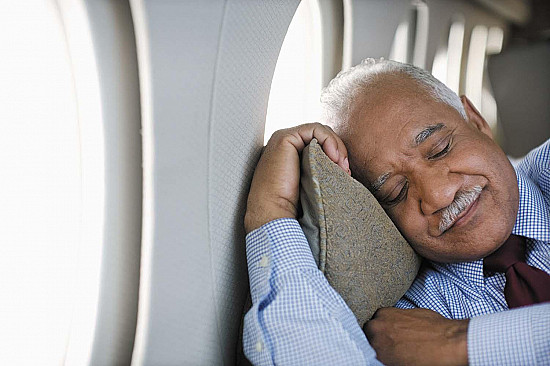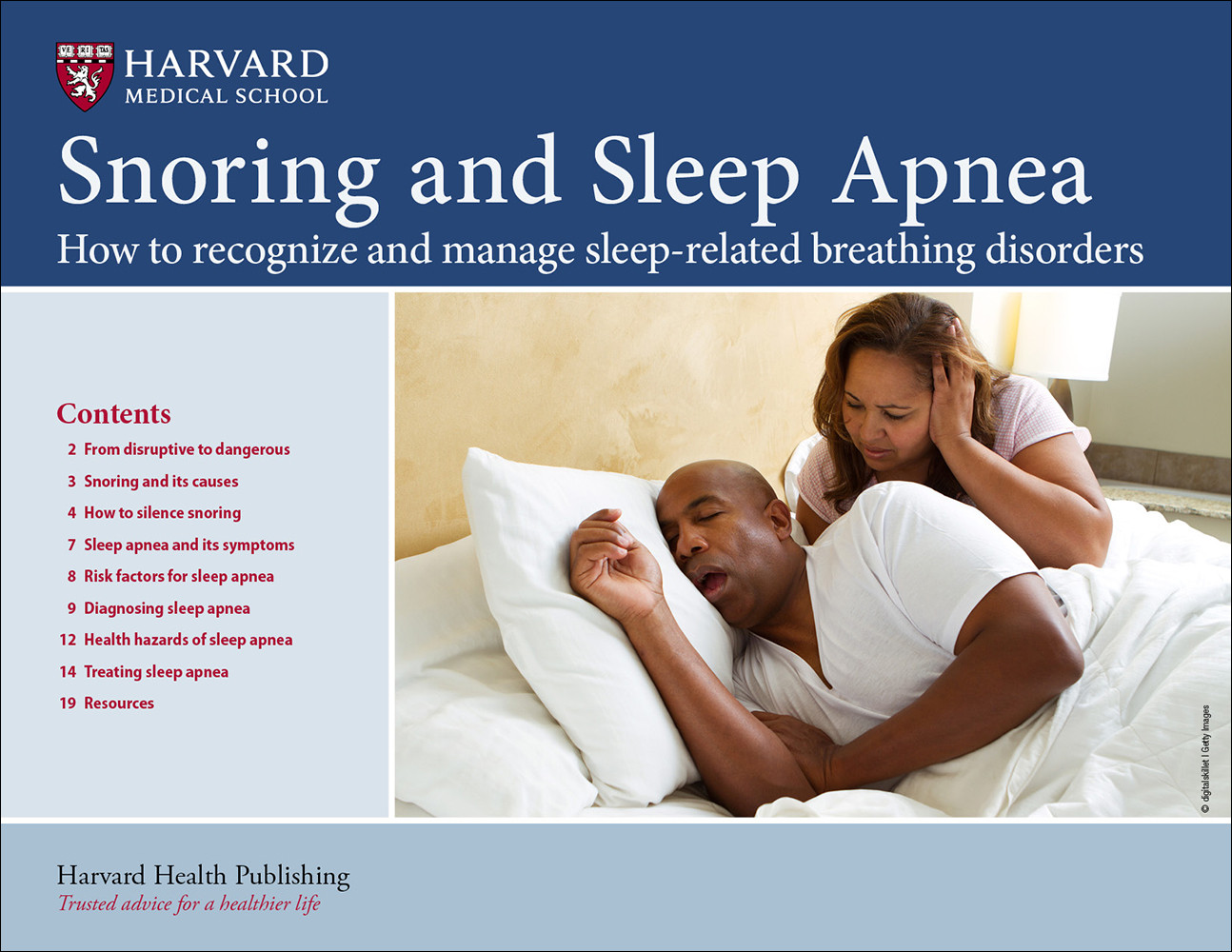What can I expect during a sleep study?
Ask the doctor
 Q. My doctor is worried I might have obstructive sleep apnea and recommended a formal sleep study. What will it involve?
Q. My doctor is worried I might have obstructive sleep apnea and recommended a formal sleep study. What will it involve?
A. Suspected sleep apnea — repeated pauses in breathing while you sleep — is one of the main reasons to conduct a sleep study. The initial test can often be done at home. However, it sounds like your doctor recommends a more complete sleep study done overnight in a special lab. You'll be hooked up to sensors and electrodes that record the electrical activity in your brain while you sleep, as well as monitor snoring, eye and body movements, blood oxygen levels, and breathing rate.
To help you relax, you can wear your usual sleepwear and bring any other necessary comforts. You'll also be able to move around as needed, including using the bathroom or getting into a comfortable sleep position. A technician will monitor you throughout the night, and a sleep specialist will analyze the resulting data to determine if you have sleep apnea or another sleep disorder.
Image: © Carol Yepes/Getty Images
About the Author

Toni Golen, MD, Editor in Chief, Harvard Women's Health Watch; Editorial Advisory Board Member, Harvard Health Publishing; Contributor
Disclaimer:
As a service to our readers, Harvard Health Publishing provides access to our library of archived content. Please note the date of last review or update on all articles.
No content on this site, regardless of date, should ever be used as a substitute for direct medical advice from your doctor or other qualified clinician.
















